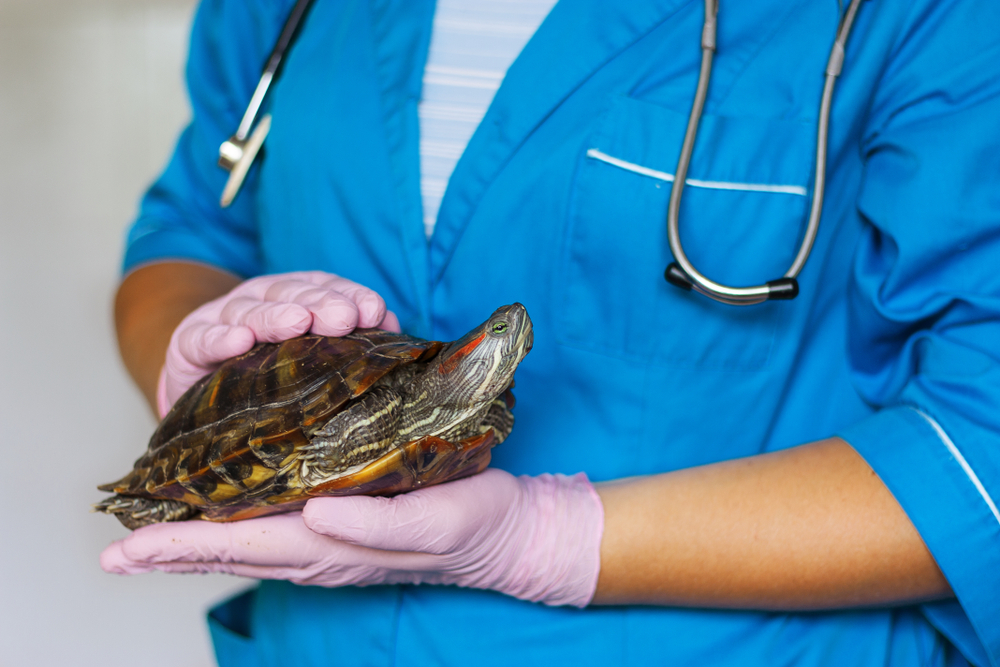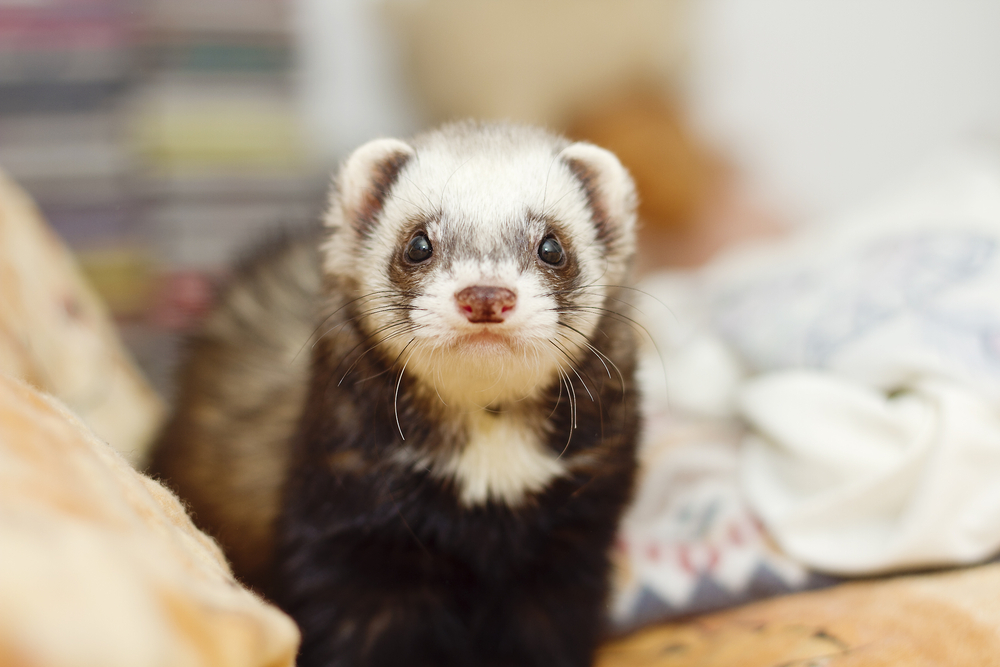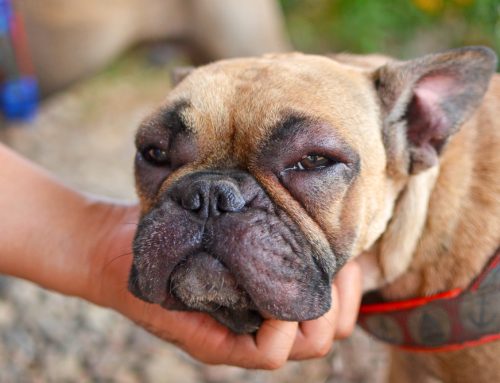Exotic pets are unique creatures with an exceptional draw. Bringing snakes, lizards, birds, sugar gliders, ferrets, and other unusual pets into your home and learning how to care for them and develop relationships can be an exciting adventure, but understanding how to help these pets thrive requires some basic knowledge before you own one. Not knowing how to properly care for your exotic pet can cause a rapid decline in their health that you may not realize until too late. Prepare for your exotic pet with our following care guidelines.
Your exotic pet’s nutrition
One of the most common problems seen in exotic pets is malnutrition. The correct diet is obviously critical for your pet’s health, as nutrient deficiencies can lead to a host of medical problems, or result in death. Some examples of exotic pet nutritional needs include:
- Rabbits and guinea pigs — Rabbits and guinea pigs require unlimited timothy hay, because they need high fiber for normal gastrointestinal function.
- Birds — Seed-based diets are one of the least nutritionally balanced for birds, although they are the most common.
- Small mammals — Not all vegetables are beneficial for small mammals, as diets high in calcium- and oxalate-containing foods can create urinary stones.
- All exotic species — Fruits, vegetables, and nuts must be fed in moderation, despite their health benefits, and each species has their own list of safe and unsafe foods.
If you are unsure what you should feed your exotic pet, consult with the breeder who sold you the pet, or your All Creatures Animal Hospital veterinarian. If you purchased your pet at a pet store, we would advise against relying on store employees’ nutritional recommendations, as many do not receive adequate training in exotic pet health, behavior, and nutrition. Your exotic pet needs the appropriate diet for their health, comfort, and lifespan, so do your research thoroughly before bringing home your unique pet.
Your exotic pet’s social needs
Exotic pets’ needs for social interaction, with people and among their own species, vary widely. Some exotic species do best living alone, while others can live with only one or two of their own kind. Same-sex animals may fight among themselves, whereas opposite-sex pets can breed often and have the potential to cause a population explosion. Before deciding you would like a breeding pair of hamsters, guinea pigs, or other species, for example, determine what their health and husbandry entail, and plan for any future offspring to ensure they have a good home.
When interacting with your exotic pet, handle them gently, with minimal restraint. For some species, too much human interaction can cause undue stress and health issues, but too little interaction can make other pets less tame and more difficult to handle, causing additional stress. Understanding the fine line between too much and too little handling—and how to hold your pet correctly—is key to their physical and mental health.
Your exotic pet’s habitat and environment
Your exotic pet’s home is as important as their diet for their optimal health. Temperature, humidity, light, and substrate (i.e., surface material) vary among species, and the wrong environment can have serious, even fatal, effects. Birds have efficient respiratory systems and are extremely sensitive to air pollutants, such as air fresheners, candles, cigarette smoke, and cleaning product and paint fumes. Small mammals are susceptible to heatstroke, and can suffer from overheating if housed by a vent. Reptiles kept in a too-cold environment may be unable to digest their food.
In addition to providing the appropriate housing, you need to use the correct cleaning supplies to keep their habitat clean. Again, birds are susceptible to cleaning product fumes, so you must correctly clean your pet’s habitat to prevent illness.
Your exotic pet’s health care

Routine wellness care is equally essential for your exotic pet as for cats and dogs. During your pet’s wellness appointment, our veterinarian will assess their health through a physical exam and a detailed history of their lifestyle. This time allows you to ask any questions about your exotic pet’s husbandry and health, and any improvements that will prevent illness. Regular check-ups also help us spot disease in its earliest, most treatable stage.
The most important thing you can do as an exotic pet owner is to learn your pet’s specific habitat, interaction, and dietary needs, because knowing how to spot abnormalities in your pet’s behavior and habits can clue you into an illness and allow you to get veterinary care before their condition progresses. Regular wellness exams are also essential for evaluating your exotic pet’s health, and for helping them live a long, happy life. Give our All Creatures Animal Hospital team a call to schedule your exotic pet’s wellness appointment.














Leave A Comment